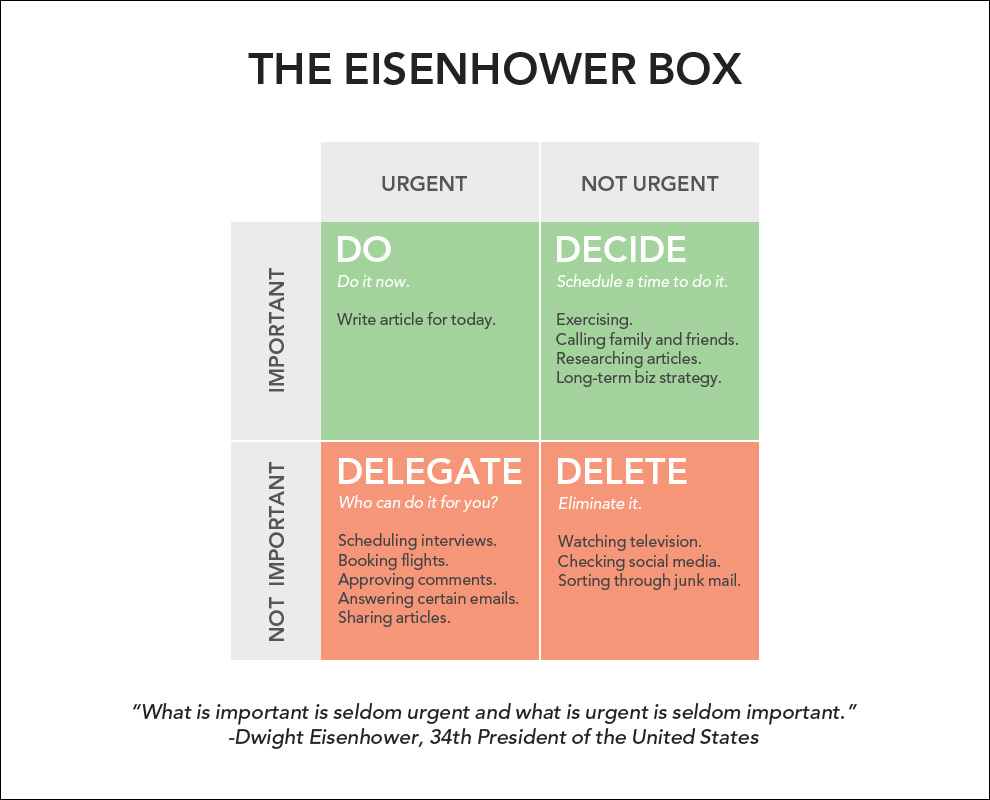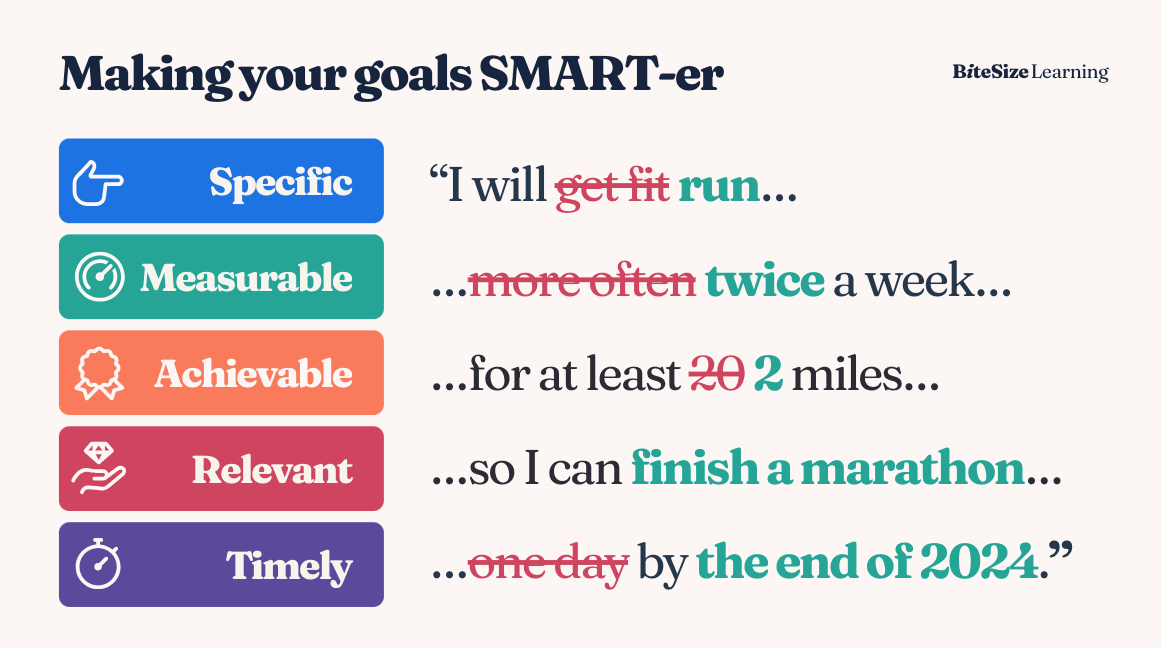Strategies To Prevent Burnout And Thrive As A Solopreneur
Implement these strategies to thrive in your solopreneur journey.
The Solopreneur Stack helps solo-business people become (and remain) successful and sustainable through quick tips, in-depth guidance and personal experience stories. Become a paid subscriber for just £7 a month and unlock every article and resource in our archive.
As a solopreneur, you are the heart and hand of our businesses. Your passion, creativity, and dedication is what drives your one-person business forward.
However, the daily demands of managing a one-person business can lead to burnout - a state of physical, emotional, and mental exhaustion.
Burnout is more than just feeling tired. It’s a state of chronic stress that leads to exhaustion and a sense of inefficacy. Common symptoms include persistent fatigue, decreased productivity, and feelings of detachment. Solopreneurs are particularly vulnerable due to the amount of tasks they need to handle alone.
Avoiding burnout is critical for both your well-being and the sustainability of your business, thus recognising these signs early can help us take proactive steps to prevent burnout.
Here are some vital strategies to stay motivated and energised.
Set Boundaries
One of the most effective ways to prevent burnout is to set clear boundaries between your work and personal life. You might think this is easy, but no it’s not easy at all.
Establish specific working hours and stick to them. This helps create a structured routine and prevents work from encroaching on your personal time. Make sure to communicate these boundaries to collaborators and clients. Disconnecting from work at the end of the day is essential for recharging, so make sure you stick to your routine.
For example, if your working hours are from 9 AM to 5 PM, make sure to strictly end your workday at 5 PM. Do not answer work-related calls or emails after this time. Similarly, designate specific areas of your home for work and do not bring work-related tasks outside of these areas. This helps to create a clear separation between your work and personal life, reducing the risk of burnout.
Delegate and Outsource
As a solopreneur, it’s easy to fall into the trap of thinking you must do everything yourself. However, delegating tasks can significantly reduce your workload and stress levels.
Identify tasks that can be outsourced, such as administrative duties, social media management, or bookkeeping. There are many freelancers and virtual assistants available to help.
By delegating, you can focus on the core aspects of your business that truly require your attention.
I delegate 70% of my tasks, including brainstorming, research, and first draft content creation, to AI. However, it's crucial to understand AI's capabilities and limitations. This knowledge is vital when deciding what tasks can be delegated to AI.
Prioritise Self-Care
Self-care is not a luxury anymore, it’s a necessity.
Regular breaks throughout your workday can improve focus and productivity. Incorporate activities that help you relax and recharge, such as exercise, meditation, or hobbies. Ensure you’re getting adequate sleep and maintaining a healthy diet.
Incorporating mindfulness and stress-relief techniques into your routine can also benefit your mental well-being. Practices such as meditation, deep breathing exercises, or yoga can help you manage stress and maintain a positive mindset.
Even a few minutes of mindfulness each day can make a significant difference.
Here are some immediate actions solopreneurs can take to relieve stress:
Take periodic short breaks: Step away from your work for a few minutes. You could go for a quick walk, practice deep breathing, or simply sit quietly. I like to use Pomodoro Technique with 25 min of deep work and 5-15 min of short breaks.
Practice gratitude: Write down three things you're grateful for every morning. This can shift your focus from stress to positivity.
Stay Organised
Organisation is key to managing your workload effectively.
Use project management tools to keep track of tasks, deadlines, and priorities. Tools like Notion, Trello, Asana, or even simple to-do lists can help you stay on top of your responsibilities without feeling overwhelmed.
Break down larger projects into smaller, manageable tasks, and tackle them one at a time. This approach not only makes your workload seem less daunting but also provides a sense of accomplishment as you complete each task.
I use the Eisenhower Matrix to help me organise and prioritise tasks by urgency and importance.
Learn to Say No
Knowing your limits is crucial. It’s tempting to take on every project and client, but overcommitting can lead to burnout.
Assess your capacity and be selective about the opportunities you accept. Politely declining additional work when your schedule is full will help you maintain quality in your existing projects and protect your well-being.
Learning to say no can be challenging, especially when you're concerned about maintaining relationships with clients or partners.
Here are some practical tips to reject non-critical tasks without feeling guilty:
Evaluate the request: Before agreeing to any task, consider its relevance and importance to your business. If it’s not critical, or if it deviates from your primary goals, it might be a task you can decline.
Be assertive, but polite: It’s important to communicate your refusal in a clear, but respectful manner. Use phrases like "I appreciate your offer, but I can't commit to this as I have other priorities that require my attention."
Offer alternatives: If possible, suggest another person who might be able to handle the task, or propose a later timeline when you might be able to take it on. This shows that you’re still interested in helping, even if you can't commit at the moment.
Don't apologise excessively: While it's important to be polite, over-apologising can give the impression that you're at fault, which is not the case. You have the right to refuse tasks that you can't accommodate.
Set clear boundaries: Make sure your clients and partners are aware of your priorities and limits. This can prevent them from making non-critical requests in the first place.
Remember, saying no to non-critical tasks allows you to focus on the work that truly matters, and is key to maintaining a healthy work-life balance and preventing burnout.
Connect with Others
Isolation can exacerbate feelings of burnout.
Building a support network of other solopreneurs can provide a sense of community and shared understanding. Join professional groups, attend networking events, or participate in online forums.
These connections can offer valuable advice, support, and a reminder that you’re not alone in your journey.
Set SMART Goals
Setting achievable goals is essential for maintaining motivation and avoiding burnout.
Break down large projects into smaller tasks and set realistic deadlines. Celebrate small wins along the way to keep your momentum going.
This approach not only makes your workload more manageable but also provides continuous motivation.
I always go back to setting SMART goals for this reason. SMART is an acronym that stands for Specific, Measurable, Achievable, Relevant, and Time-bound. The framework is a systematic and simple guide to goal setting that ensures the goals are clear, focused, and practical.
Conclusion
Preventing burnout is essential for sustaining your success and well-being as a solopreneur.
You can maintain your energy and passion for your work by following the strategies discussed in this post.
Implement these strategies to thrive in your solopreneur journey and achieve lasting success.
Share your experiences and strategies for preventing burnout with our community. Let’s support each other in building successful and sustainable businesses.
Consider supporting The Solopreneur Stack!
Upgrade to our paid tier to unlock every article in the archive and gain free access to our online course. Become a Founding Member for a little bit extra and book a 1-to-1 coffee chat with yours truly.








Great advice. ❤️
These are useful suggestions David. I help business owners with burnout recovery and we also work on their biology and physical habits - so prioritising sleep, diet, hydration and movement. When they are at or close to really burnt out, they struggle with productivity tools so we focus on restoring body and mind. It's a rewarding area to work in for sure